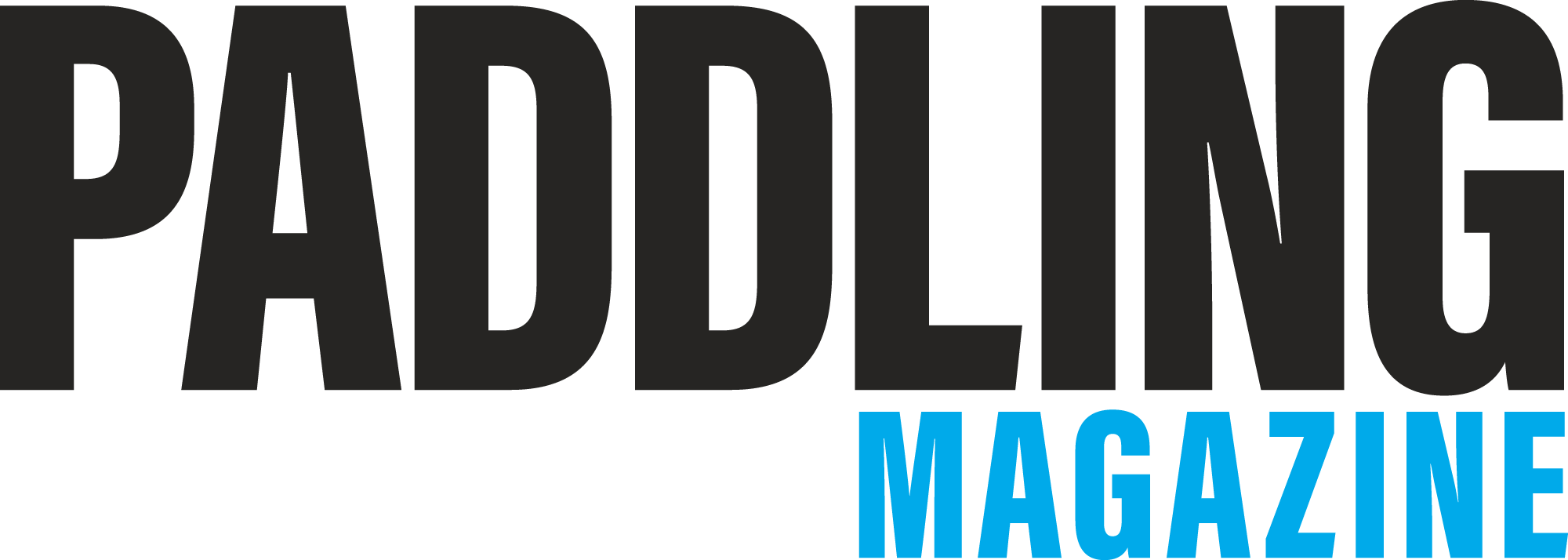In 2010, the summer after I (finally) finished my undergraduate degree, I went on a road trip. In four and a half weeks, I drove over 10,000 miles in my ‘96 Volvo wagon. The trip took me from the Ottawa Valley through five provinces, one territory and nine states to the Yukon and Alaska, south to Oregon and back east again.
When I couldn’t crash with family or friends along the way, I pitched my tent at state, provincial and national parks. I would often arrive at the campgrounds long after dark and fill out my name and point of origin on the visitors’ cards at the self-serve fee stations. If I didn’t have exact change for the envelope, I was faced with the moral dilemma of either over- or underpaying. I soon got in the habit of stashing a supply of small bills and coins in the center console of the wagon.
It was nice to see the honor system alive and well across the continent—that cynicism hasn’t completely taken over. But is an iron ranger as effective as a real, live campground attendant? How many people short change or fail to pay altogether? What is it that makes us pay?
This honor system pay method exists all over. A lockbox on the private land of tolerant landowners who allow paddlers to access a put-in from their property. The stands selling farm fresh eggs, berries or honey that dot the countryside, accompanied by a pickle jar for money and a sign; no farmer to confirm payment. Even coffee shops have jars for line jumpers—those who just want to drop in their change and help themselves to a simple coffee, rather than waiting in line at rush hour.
The farmer’s time is better spent tending fields than sitting on a wooden crate by his stand on the side of the road. Likewise, a park ranger is more useful protecting wildlife or maintaining trails than stuck in an outhouse-sized booth waiting for me. Assuming people comply, the honor system is a much better use of resources.
Feeling guilty for being dishonest is one reason why we pay. Fear of getting caught is another. But I think it’s about more than avoiding negative emotions. Something positive comes from the trust shown on behalf of the seller. Not only do I get to buy something—a night’s stay, access or a basket of fresh produce—I also get a good feeling knowing I’ve done the right thing by putting my money in the box.
Scientists say that being honest in situations like this can have a positive physiological effect caused by the release of Oxytocin, a hormone linked to social bonding, anxiety relief and happiness. This explains the warm and fuzzy sensation that comes from abiding the iron ranger.
When I arrive at a put-in in a park and there’s an iron ranger in the parking lot, I have the opportunity to calm my nerves, release stress and increase confidence, all before I even hit the water.
I never would have thought the honor system would make me a better paddler but a few bucks in an envelope leaves me upbeat, free to focus on my strokes, the river and my trip unfurling in front of me.
Michael Mechan is a former Rapid Media editor. He drove about 1,100 miles on that road trip for every year it took him to complete university. Do the math. No, he’s not a doctor.
This editorial originally appeared in the 2013 Paddling Buyer’s Guide. Download our free iPad/iPhone/iPod Touch App or Android App or read it on your desktop here.



